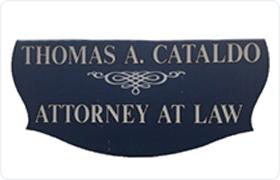Ledgewood White Collar Crime Lawyer, New Jersey
Sponsored Law Firm
-
 x
x

Click For More Info:
-
Thomas A. Cataldo, Attorney at Law
52 South Street Morristown, NJ 07960» view mapCriminal Defense Law Tip The Scales In Your Favor!
Thomas A. Cataldo, Attorney at Law has the legal experience you need at affordable rates that can't be beat.
800-834-4291
Thomas J Snyder
Lawsuit & Dispute, Family Law, Divorce & Family Law, White Collar Crime
Status: In Good Standing
Matthew James Troiano
Litigation, Municipal, White Collar Crime, Criminal
Status: In Good Standing Licensed: 19 Years
Marco A Gonzalez
Litigation, Natural Resources, White Collar Crime
Status: In Good Standing Licensed: 33 Years
Joseph Peter Cadicina
Motor Vehicle, Immigration, Divorce & Family Law, White Collar Crime
Status: In Good Standing
Gregg Alan Wisotsky
Real Estate, Mass Torts, White Collar Crime, Criminal, Accident & Injury
Status: In Good Standing
John C Whipple
Litigation, Federal, White Collar Crime, Securities Fraud
Status: In Good Standing Licensed: 42 Years
 Thomas Cataldo Morristown, NJ
Thomas Cataldo Morristown, NJ Practice AreasExpertise
Practice AreasExpertise
